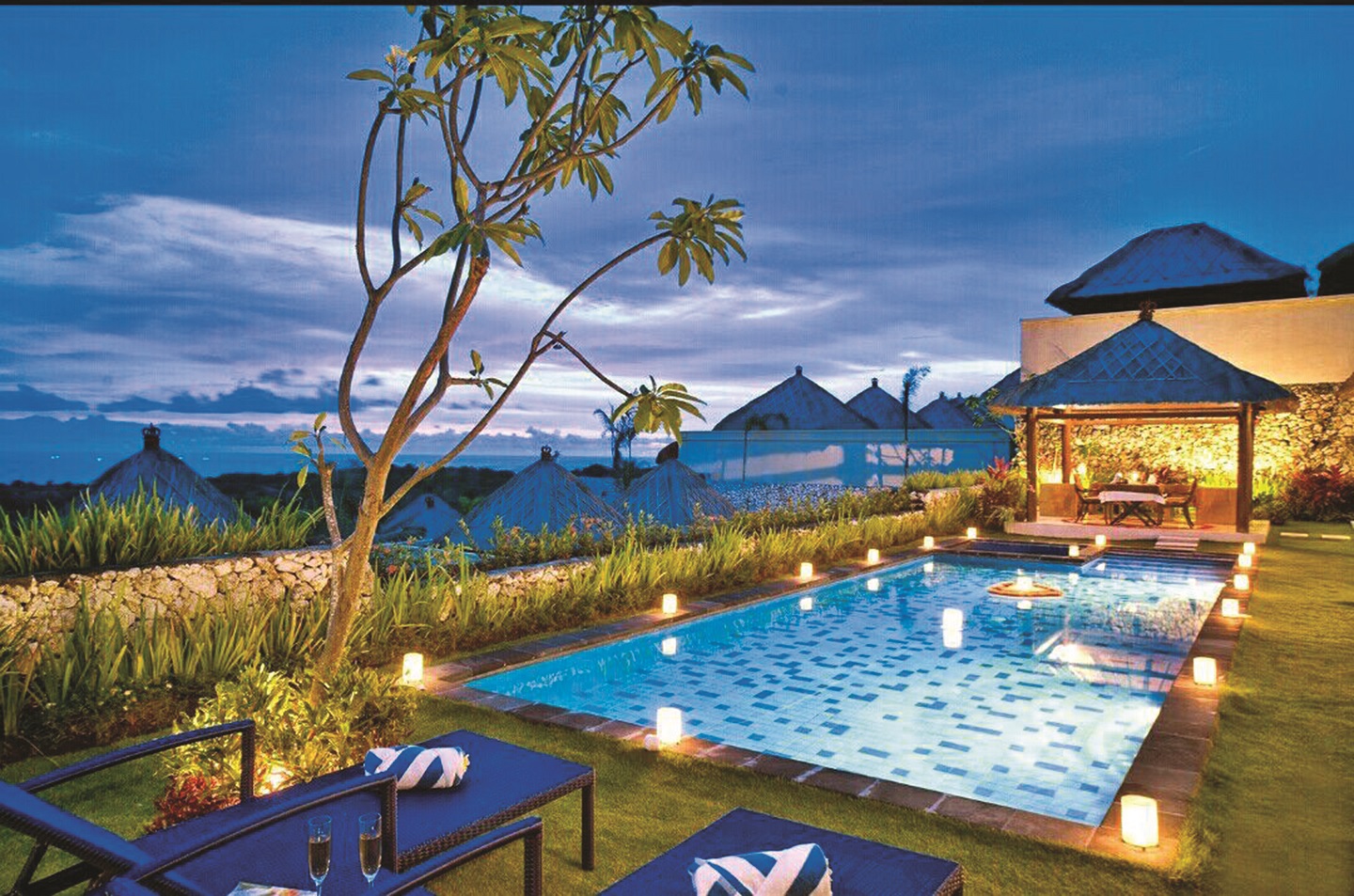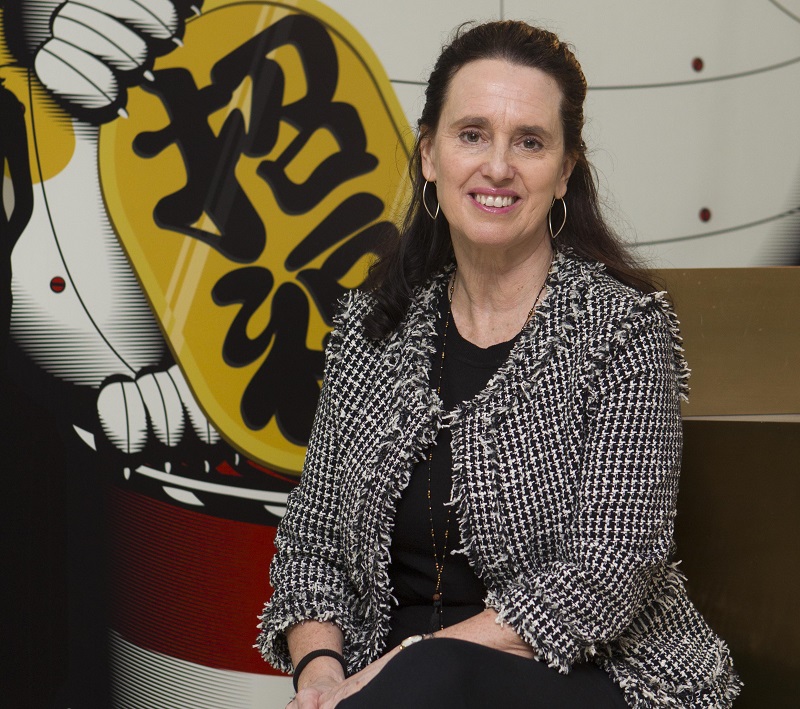
A HomeAway property in Bali
Although nothing can quite beat the temptation of hotel luxuries like daily housekeeping, on-call room service and fancy toiletries, a growing generation of travellers in this part of the world are beginning to consider the idea of vacation rentals instead. While some holidays are meant to be spent in the lap of luxury, others — especially getaways consisting of large families and groups — are better suited to bigger spaces that offer amenities like kitchens and private pools, all without compromising privacy.
The idea of vacation rentals is new for travellers in Asia because we’ve never really had the option of using someone’s home as an escape. This is unlike the situation in US and Europe, where families and friends often pool resources to own a property away from their primary residence. How often have we heard references about weekend getaways to one’s beach house in the summer or planned winter holidays at cabins by the lake and in the mountains?
Things are changing, though, on both sides of this equation. While travellers are keen to explore a different kind of holiday accommodation, homeowners are beginning to see the value in opening up their properties to the burgeoning vacation rental industry. Although it was California-based Airbnb that made this business model famous when it launched in 2008, pioneer status actually goes to Texas-headquartered HomeAway, which was founded three years earlier by Brian Sharples and Carl Shepherd.
Although similar to Airbnb, HomeAway’s marketing director for Asia Judith Ann Davidson says the travel company targets slightly different markets. “Our focus is on families and groups renting whole homes and not sharing the space with a host, so you’re really only holidaying with the people you want to be with,” she explains. “Families have quite specific needs like laundry facilities or a proper kitchen — and when you have mums posting positive reviews about our vacation rentals, it’s just about the best recommendation you’re going to get.”

HomeAway does roaring business in the US — it’s still the world’s largest travel market — and expanded into Asia only recently, just as the idea of vacation rentals versus hotel rooms has started taking root. “Aside from the cost factor — you get twice the space of a hotel room at a fraction of the cost — holidaying in an actual home actually fosters a more conducive environment for bonding. My boss made a brilliant observation recently, saying that people bond in living rooms and kitchens and not lobbies and corridors. That makes a lot of sense,” Davidson shares.
HomeAway has conducted some interesting research that reveals the behaviour of consumers from key regional markets, painting a picture of the typical Asian vacation rental traveller. The resulting data is a compelling argument for the case of vacation rentals. For example, Asian vacation rental travellers tend to book well in advance — in particular, those from Hong Kong — in groups of three to four people who stay an average of three nights per getaway.
Malaysians tend to travel in larger group sizes — 4.85 people, exceeding the Asian average of 3.4 — and local traffic to the HomeAway site increased by 99% in the last year, which means more and more Malaysians like this sort of holidaying experience. Singaporeans are keen international travellers while the Taiwanese and Japanese prefer domestic travel.
Upon acquiring Singaporean social travel marketplace travelmob, HomeAway — which was itself acquired by Expedia in 2015 — moved its Asian base to the island nation in 2013. From Singapore, 13 country sites are managed by a specialised team that frequently travel around the region, seeking out unusual and interesting holiday destinations to continually stock HomeAway’s bank of bookable homes. “While Bangkok, Dubai, Tokyo, KL and Bali are all great places to visit in Asia, we would like to encourage travellers to explore smaller cities as well — and it takes some amount of research to not just identify these destinations but also find rental owners and property managers to work with as well,” Davidson shares.
This especially applies to smaller towns and cities where hotels may not want to open because there is no economy of scale. Vacation rental homes fill in this gap perfectly while redrawing the tourist map, so to speak, as more towns and cities become a focus for domestic travel. “It’s a great way to stimulate local economies and encourage domestic travel,” she observes. “The Malaysia Tourism Promotion Board is estimating 10% growth in domestic tourism for next year, so we think HomeAway has a great role to play here. While we definitely want people to see more of Langkawi, Penang and Melaka, it’s great to see other parts of the country too.”
In her time at HomeAway, Davidson has managed to visit a decent number of vacation rentals listed on its database and developed a list of favourites — unusual stays at extraordinary homes that create exceptional experiences hotels cannot quite replicate. That being said, a major perk of the job isn’t about cherry-picking her favourite destinations but instead, knowing how unique experiences can often make a customer’s family holiday a truly memorable one.
“Japan always features in our list of top destinations across the world, which I think will increase with the Tokyo Olympics. We have a lot of traditional homes across Japan where customers can sleep on tatami mats, eat on low tables on the floor or even enjoy a tea ceremony, which are incredibly popular,” she says. “We once organised a lovely campaign for Father’s Day and shipped an entire Singaporean family to a villa in Bali to surprise the patriarch. The nine-bedroom villa had a huge swimming pool, a river running through it and nine themed bedrooms — and it is gorgeous!”

Going forward, there is much work to do for HomeAway to grow its footprint in the region. Malaysia continues to be a key focus, so the challenge is reaching out to potential customers and identifying the right kinds of properties to be listed as well. “We need to understand towns and cities beyond KL, Penang and Langkawi, for example, and we need to educate people on everything from how to use our site to answering basic questions they might have on the very idea of vacation rentals.”
And then, it’s also about getting people from overseas to come here as Asia becomes increasingly popular on the global travel map. Hotels will never quite fall out of vogue and newer and better ones are being built all the time, but it’s nice to know that there other options out there for travellers in search of a slightly different, more novel experience.
For more information, visit www.homeaway.com.my.


